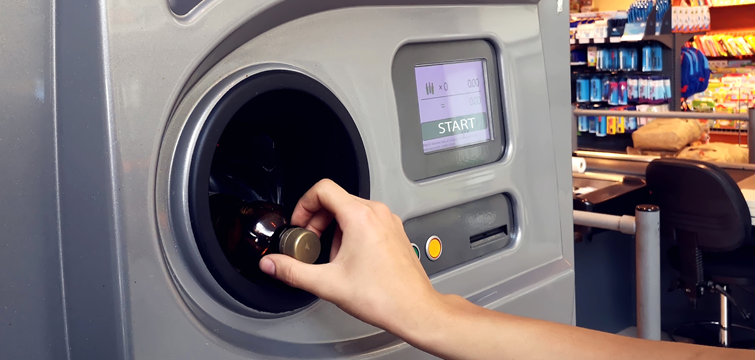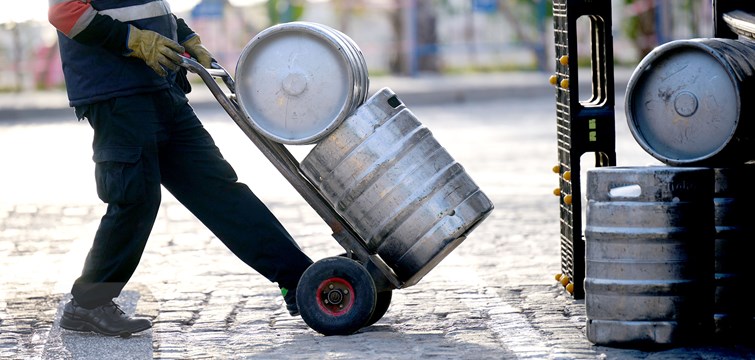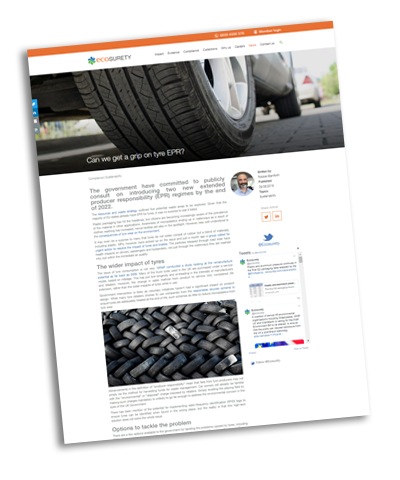New waste stream EPR
Future EPR regimes are coming - are you prepared?
Waste Prevention Programme for England consultation launched
Textiles
Find out more about future textiles EPR
Of particular concern for textiles is the global prevalence of microplastics from clothes washing and the impacts of manufacture, a staggeringly huge problem.
Read more about textile EPR and what what we can expect to see in the future in our blog The future of textiles EPR - the start of shoddy recycling policy?.
We can also send you updates concerning potential environmental legislation on textiles. Please fill in the contact form at the bottom of this page to register your interest with our team.
New textiles collection and sorting guidance published
In September 2021 the European Recycling Industries’ Confederation (EuRIC) published guidance on best practice for those sorting and collecting textile waste, in order to maximise recycling and re-use.
The guidance has been published following the EU introduction of mandatory separate textile collections for local authorities, under the 2018 Circular Economy Package, of which the UK is a signatory. This means that, by 2025, separate collections will also be instigated here.
The new guidance includes recommendations for preventing damage and contamination of post-consumer textile waste and the training of personnel.
Read the full news story here, which includes a link to the guidance.
Bulky waste
Find out more
Read more about bulky waste EPR and what we can expect to see in the future in our blog Tackling the sizable problem of bulky waste EPR.
We can also send you updates concerning potential environmental legislation on bulky waste. Please fill in the contact form at the bottom of this page to register your interest with our team.
Construction and demolition materials
Find out more
Read more about the potential for building and demolition EPR, including how future regulation could work, in our blog by head of policy Robbie Staniforth: Building producer responsibility for construction and demolition waste
Please fill in the contact form at the bottom of this page and we will send you updates concerning potential environmental legislation on construction and demolition materials.
Fishing gear
Find out more
Read more about the potential for fishing gear EPR, including how future regulation could work, in our blog by head of policy Robbie Staniforth The big catch - EPR for fishing gear.
Please fill in the contact form at the bottom of this page and we will send you updates concerning potential environmental legislation on fishing gear.
Find out more about Extended Producer Responsibility
You may also be interested in...

Draft packaging EPR regulations sent to European Union and World Trade Organisation
By Louise Shellard 02 May 2024
Deposit Return Scheme for all UK nations set for 2027
By Louisa Goodfellow 26 Apr 2024
All EPR mandatory labelling pushed back to 2027
By Louisa Goodfellow 25 Apr 2024








